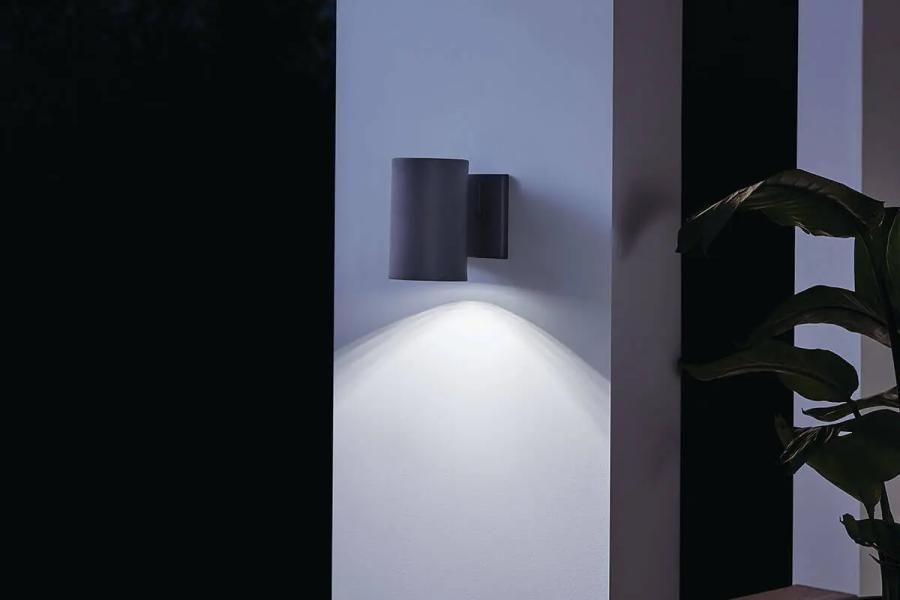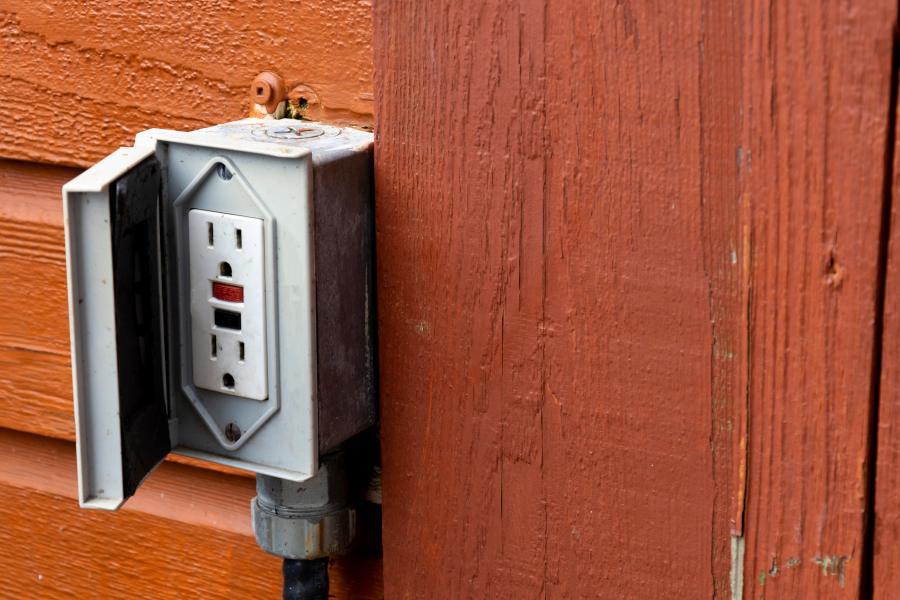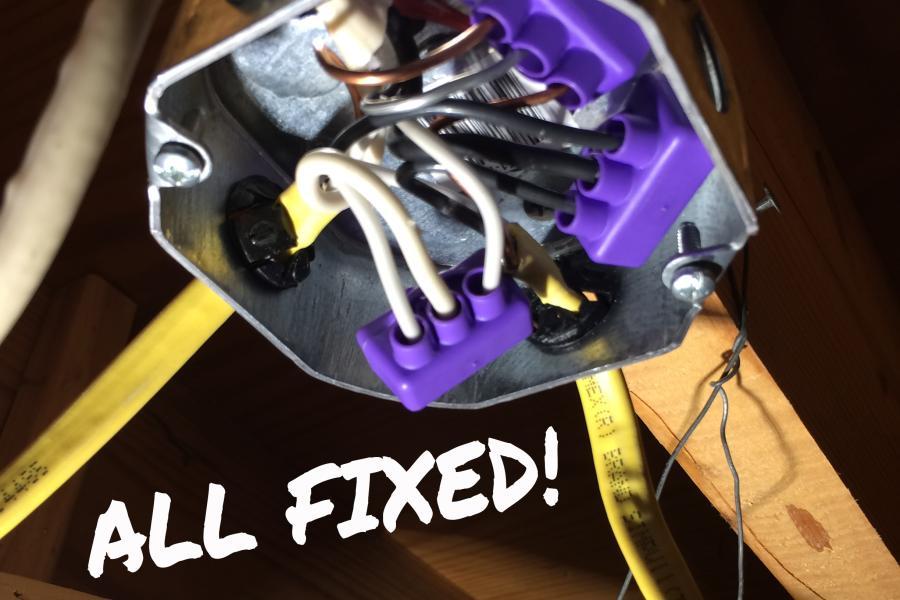
Brighten the Stars over Birmingham with Dark Sky Lighting
Living in Birmingham, all our lives the night has been artificially lit by street lamps and blazing bright lights from every parking lot. Of course, it helps us see after the Sun goes down, but there are many cons that outweigh the pros when it comes to lighting and the night. As people go about their lives they have forgotten to look up, mostly because for them; there is nothing to see. For thousands upon thousands of years all around the world, humankind has enjoyed the bright glow from over 400 billion other suns every night without fail. It's only within the last 100 or so years that we've suddenly lost sight of those incredible stellar objects because of light pollution.
For the entire history of man we have used the light of the stars to calculate when to plant crops, for navigation, even to figure out our place in the Universe. Today's technology does everything for us, which of course is a good thing, but in turn, we have lost something very precious; our night sky.
Light pollution doesn't only block out starlight; it also affects the health of every creature on Earth, including humans. Every living thing needs a stark difference between daylight and night time to have a healthy circadian rhythm. We are all tuned to our planet's 24-hour cycle of day and night and have depended on it for our survival for the history of our species. When we mess up that natural rhythm, we mess up the health of every Earthling.
The International Dark Sky Association warns "Wildlife and fish experience this same disorientation of time when there is too much artificial light at night. Behaviors governing mating, migration, sleep, and looking for food are determined by the length of nighttime. Light pollution negatively disrupts these age-old patterns.
An estimated 30% of street lighting is wasted light; defined as light that shines up into the sky where it does no good. Based on this number, it is estimated that in the United States alone 22,000 gigawatt-hours a year are wasted. At a conservative average of $.10 per kilowatt-hour, the cost of that wasted energy is $2.2 billion a year – enough to annually fund a new mission to Mars. In other terms, 3.6 tons of coal or 12.9 million barrels of oil are wasted every year to produce this lost light."
So what can we do to un-do the light pollution pouring in from all directions? The answer isn't a quick fix, but if one person at a time makes the change, then we will all start to notice a difference. Just like recycling and solar panels are slowly making a positive difference, so will making these very simple changes.
The answer is "Dark Sky Approved Lighting". Think of it as putting a lampshade on all of your outdoor lights. Conventional outdoor lights shine their light everywhere, especially into the sky where it isn't needed. Why waste energy by shining a light where you don't need it? By changing your light fixtures around your home to ones that direct light to the ground you can make an enormous impact on fighting light pollution.
There other ways to combat light pollution in your area such as:
- Turn off lights when not needed
- Shield and lower the wattage for outdoor lights on homes and businesses.
- Use dimmers, timers, and sensors to shut off lights hen not being used
- Replace existing fixtures with IDA-approved 'Fixture Seal of Approval' fixtures at your local stores (Lowe's has recently started carrying a wide variety of affordable, IDA-approved, dark sky friendly lighting)
If we all do our small part, we can again enjoy the beautiful night sky over Birmingham and the surrounding areas. John's Electric looks forward to working with you to combat light pollution. Contact us today to begin your journey with better lighting.



